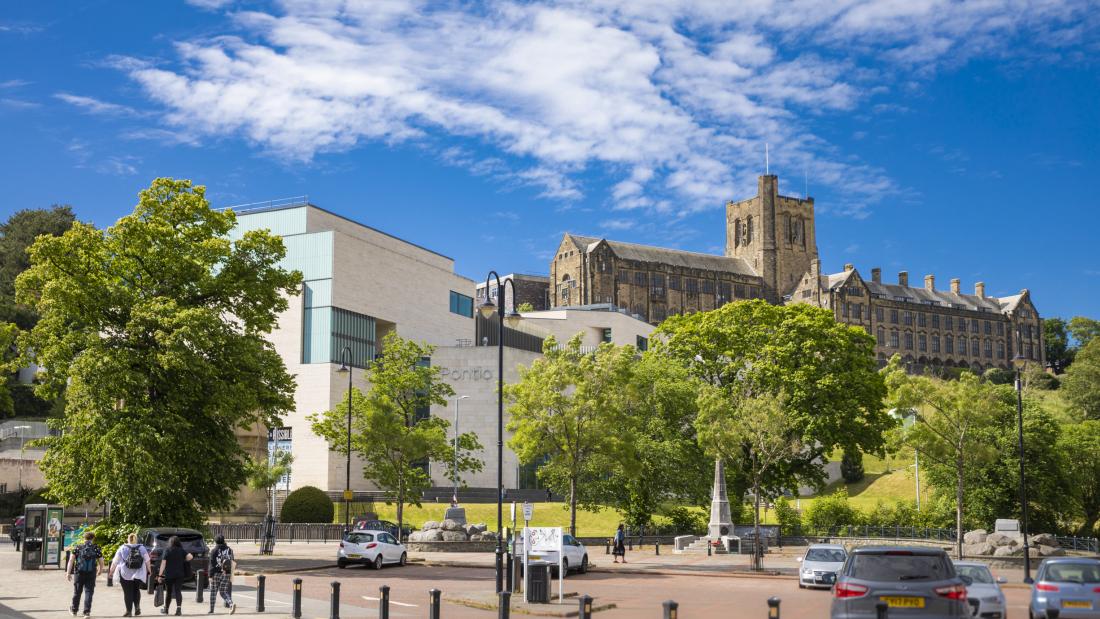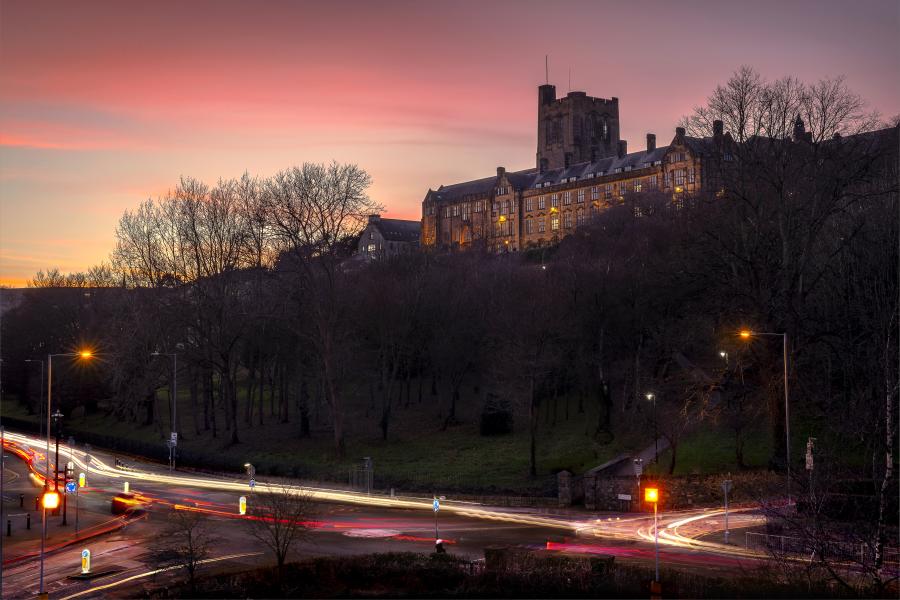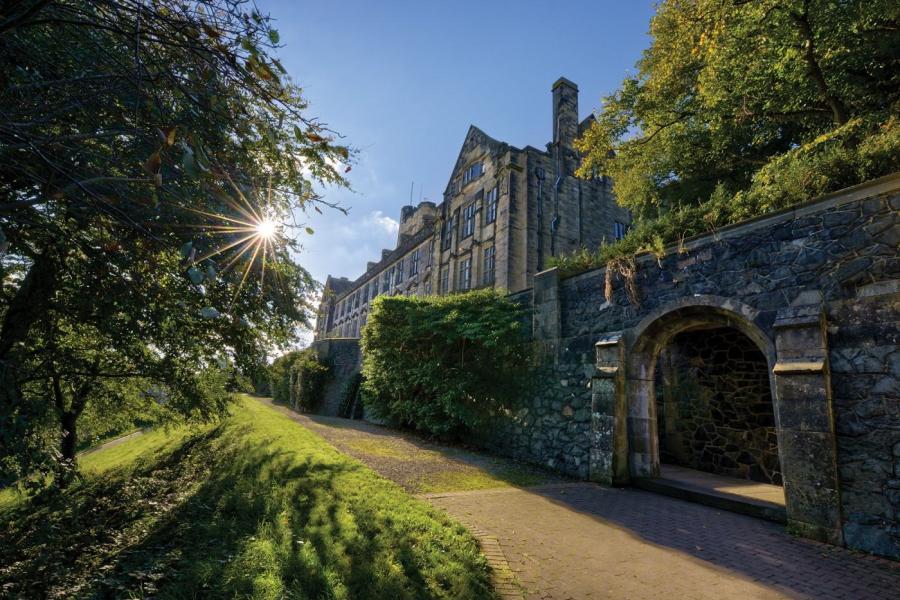Bangor Conference on the Restoration
Reconciliation and its failures in the late Stuart World, 1658-1714
The Bangor Conference on the Restoration: 23-25 July 2024
The period 1658-1715 was, of course, marked by conflict, and by polarising memories of conflict, in the Stuart world. But reconciliation – achieved, attempted, unsuccessful, and resisted - was, of necessity, also an important dimension of the age. When society had been so ruptured by events such as the restoration, the early 1660s religious settlement, the exclusion crisis and the emergence of bitter party strife, the 1688-9 revolution, and the Hanoverian succession, many groups felt an urgent need to heal division or to find way of working with old enemies; and failures to do this determined the course of later conflicts.
Forms of reconciliation shaped political thought, popular assumptions, and both literary and visual culture. The healing of division and the resolution of disharmony were central to Christian notions of church and salvation; to contract theories of the origins of government; to advocacy of religious toleration and comprehension; to genres of literature which stressed the re-emergence of harmony after rupture, and synthesis after polarisation; to emerging pragmatic approaches to politics; to international peace treaties and the building of foreign alliances; and to a myriad of other social, political, cultural, and artistic forms. Reconciliation, of course, also operated at personal, family, and community, levels.
In contrast, the inability to bind people together also affected human relationships, and resistance to reconciliation fostered movements as diverse as post-1660 republicanism, dissent, Jacobitism, Scots and Irish nationalism, and colonial resistance and resistance to colonialism; and it resulted in the formative European warfare of these decades.
Arguably, efforts to end division, and the effects of their frustration, were the crucial factors shaping the late Stuart world.
In 2024, the Bangor Conference on the Restoration will welcome people to beautiful Eryri / Snowdonia to explore this theme: not only examining specific instances, but attempting, perhaps, to understand how actors in the age conceived reconciliation. How, and how far, did they think reknitting society was possible or even desirable; how far can we gain new insights into the period by thinking about reconciliation as a theme?
Bangor Conference on the Restoration
23 - 25 July 2024
The plenary papers will be:
Martin Dzelzainis (Leicester): Four Elegies and a Funeral: negotiating the Restoration
William Pettigrew (Lancaster): Royal African Companies: Trading in Enslaved Africans to Unify Restoration Society
Valerie Rumbold (Birmingham): Awkward print: making the unreconciled Swift
Alasdair Raffe (Edinburgh): Reconciliation and Fragmentation in Scottish Protestantism, 1660-1715
Bangor University, Bangor, Gwynedd LL57 2DG






